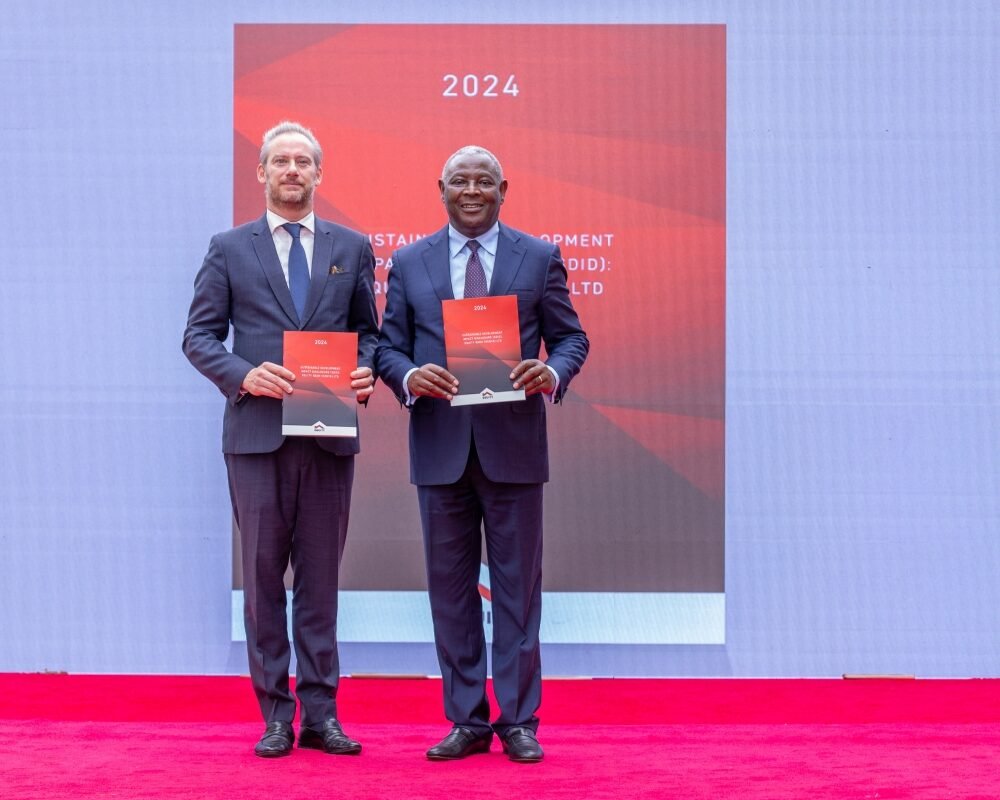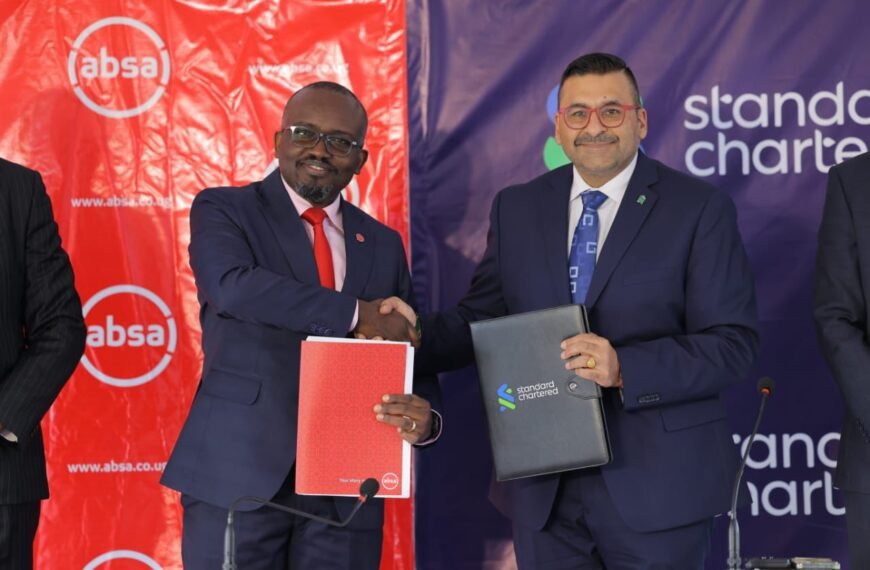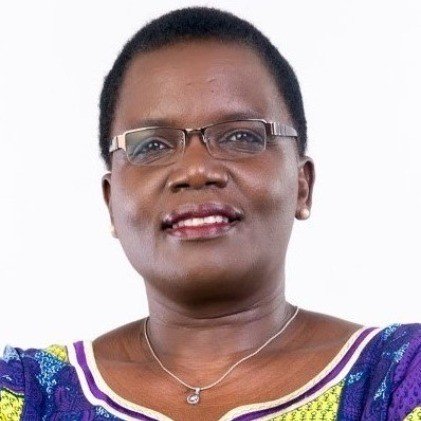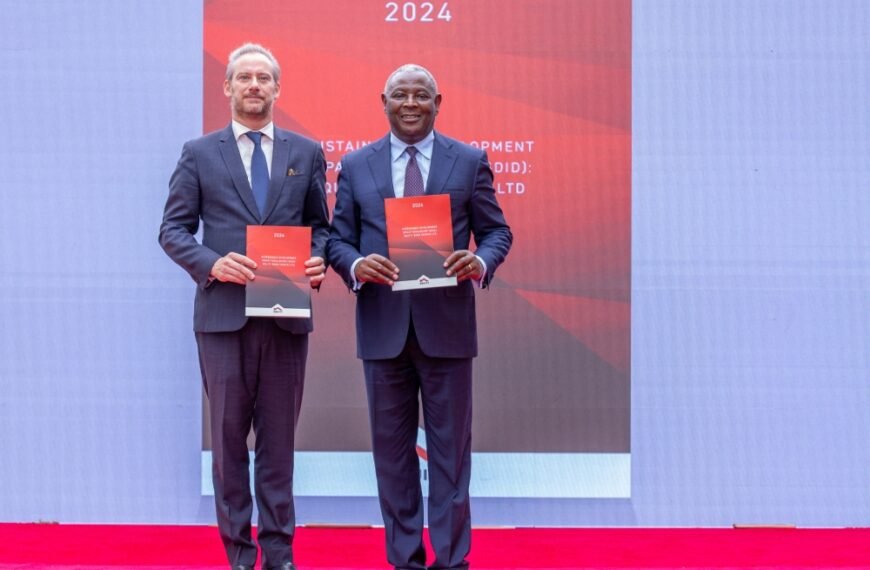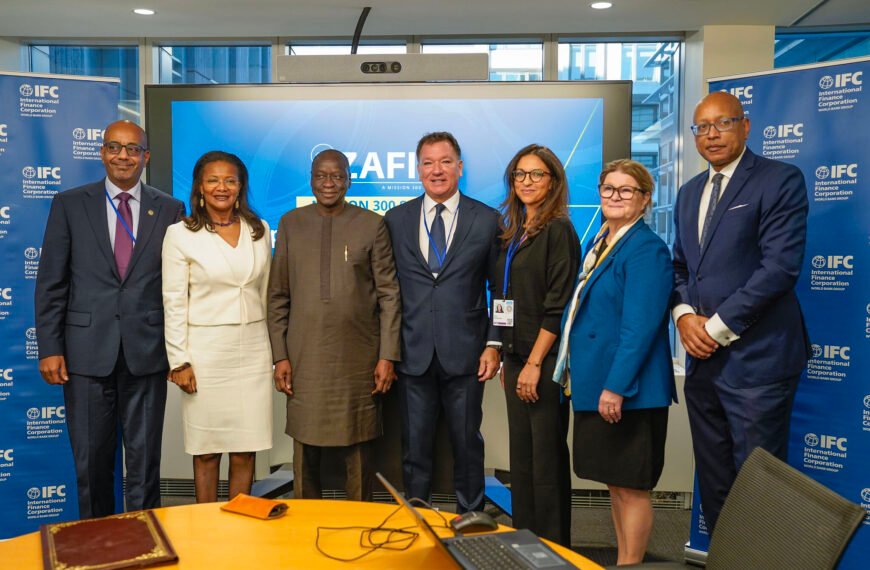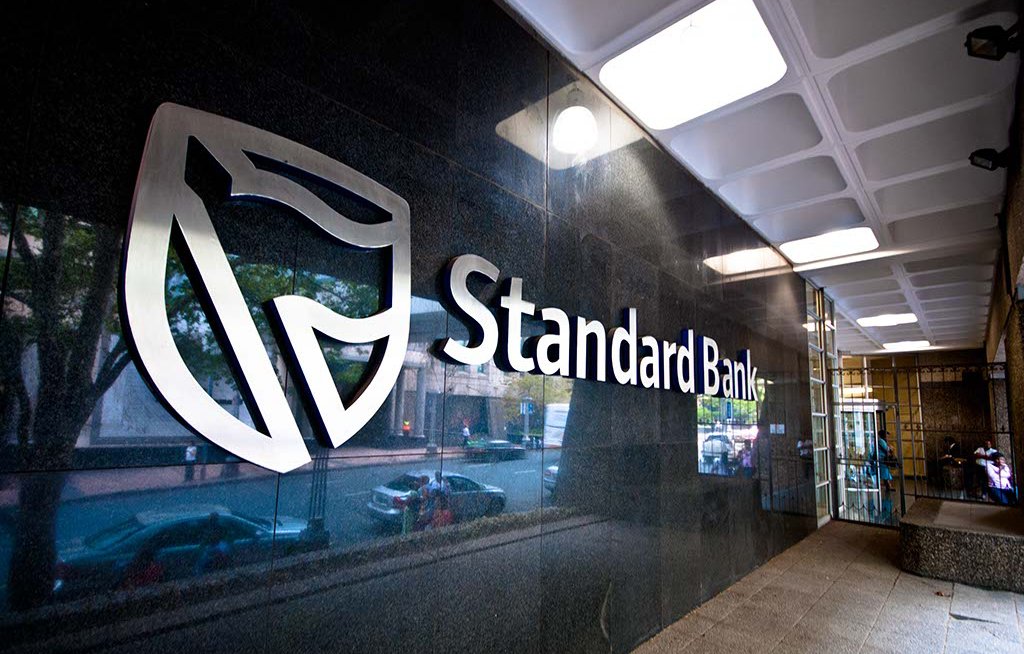
Standard Bank forecasts 3.5% growth rate for Ghana in 2021
Standard Bank, parent company of Stanbic Bank Ghana is forecasting a growth rate of 3.5% for Ghana this year.
This is a little below that of the International Monetary Fund, Moody’s and Fitch Solutions, which have all projected more than 4.0% Gross Domestic Product in 2021
The report also said the size of the Ghanaian economy will remain unchanged at $63 billion, approximately GH¢421 billion.
According to Standard Bank, COVID-19 pandemic will undoubtedly affect economic growth meaningfully.
“Whereas growth of 6% to 8% year-on-year in the next two to three years seemed reasonable before, 1.0% year-on-year growth now seems likely in 2020, with a recovery from this year onwards”, it emphasized.
Additionally, “Ghana’s oil production will be restrained due to the oil price decline and a depressed demand outlook with the uncertain timeframe a further risk.”
The report also said consumer spending is now expected to grow at 2.5% year-on-year as against the previously expected 4.9%.
It pointed out that over the medium term, improving economic and political conditions will bode well for Ghanaian consumers, although disposable income remains low, with spending concentrated on essential items.
However, enhancing access to loans should assist consumers, while inflation is expected to be well managed.
Despite Ghana being classified as one of the fastest growing economies, Standard Bank said this has yet to translate into improved living standards for many Ghanaians.
A large share of consumer goods are imported from South Africa, China, Europe and the Middle East. Yet, due to the relatively small size of the modern retailers, the country remains dependent on small- to medium-sized multi-brand importers that often rely on shipments from third party countries, which increases unit prices.
“It is common for the younger generation to consume packaged food such as confectionery and savory snacks. However, majority of the population still stick to Ghana’s indigenous cuisine and the ingredients used to prepare it ranges from rice, yam, plantain and maize. Packaged instant maize and other instant starches that only need water to be added are gaining popularity as they reduce cooking time”.
Economy contracted in Quarter 3
Ghana’s economy entered into recession in the third (-1.1%) of 2020.
The Agriculture sector however recorded the highest growth of 8.3%, whilst Industry and Services sectors contracted by 5.1% and 1.1% respectively.
Based on expectations, it is expected to rebound in the final quarter which the figures are yet to be released by the Ghana Statistical Service.
Source: Charles Nixon Yeboah



